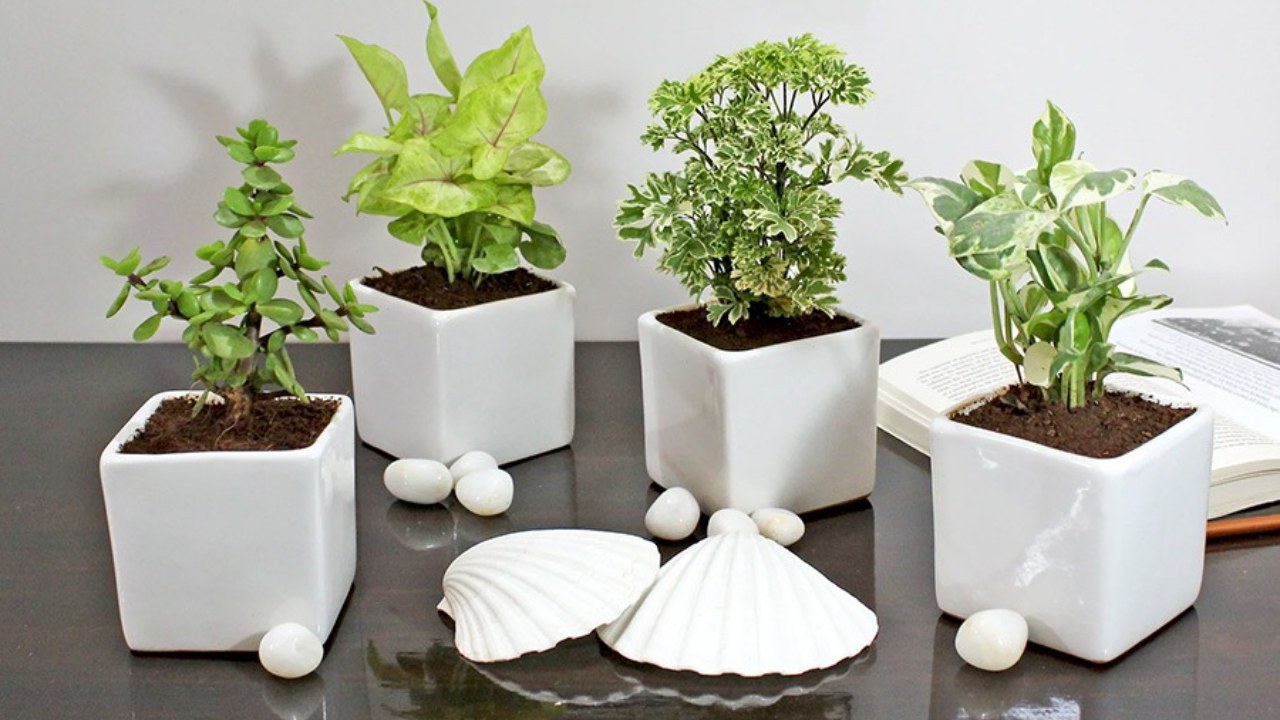Vastu Shastra Tips: Vastu Shastra is not only the science related to the construction of the house in Indian culture, but it also shows the way to keep the energy of life and the environment balanced. According to Vastu, many measures have been suggested to bring positive energy into the house, in which the role of trees and plants is also important. It is often said that green plants bring happiness, peace, and prosperity in the house, but do you know that there are some plants that can cause Vastu Dosh?
Yes, some special plants are considered inauspicious for the house in Vastu Shastra. If these plants are planted in your house, even unknowingly, then they can invite negative energy and hinder the peace of your family. Let us know about some such plants that you should definitely think twice before planting in the house.
Tamarind tree: symbol of sadness and negativity
The tamarind tree is often seen in big and old houses or gardens, but in Vastu Shastra, it is not considered auspicious for the house. It is believed that the tamarind tree attracts negative energy into the house. This tree creates a feeling of heaviness and sadness in the environment. If there is a tamarind tree near the house, then the people living there may face mental unrest or family tension. Therefore, it should be avoided to plant it around the house.
Acacia tree: Gateway of evil forces
The acacia tree is a thorny plant that is often seen in dry areas. But when it comes to planting it in the house, Vastu clearly prohibits it. Bringing acacia inside the house can make it a gateway for evil forces and negative energy. This tree obstructs the energy flow and can bring discord or health-related problems in the house.
Vines climbing the wall: obstruct the flow of energy
If vines are climbing on the walls of your house, then it may look good in terms of beauty, but it is also opposed in Vastu Shastra. Climbing the vines on the wall without any support can create Vastu Dosh. This stops the flow of positive energy in the house and can affect the progress of the house. If you want to plant a vine, it would be better to grow it with some support instead of a wall.
Dry or dead plants: Signs of negativity
Many times, we leave old or withered plants in some corner of the house, but this habit is considered very inauspicious according to Vastu. Dead or dry plants bring negative vibes in the house and make the environment energy-less. Therefore, as soon as a plant starts drying or dies completely, it should be removed from the house immediately. By doing this, positive energy remains in the house.
Rubber plant: Brings sourness in relationships
The large and dark green leaves of the rubber plant look as attractive as they can be harmful, according to Vastu. It is said that the nature of this plant is to absorb energy. It not only suppresses the good atmosphere, but can also increase tension and distance in the relationships within the house. Many experts believe that the rubber plant can spoil the balance of the house.
It is important to choose the right plants according to Vastu
Not every plant is auspicious for the house, and it is important to understand which plants can bring happiness, peace, and prosperity in our lives and which ones can cause stress, discord, and negativity. If you want to maintain happiness and positivity in your home, then keep in mind the rules of Vastu Shastra while choosing plants. This will not only improve the atmosphere of the house, but will also keep energy and enthusiasm in your life.
